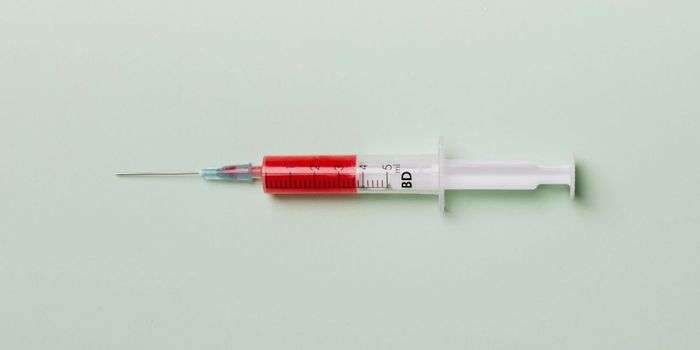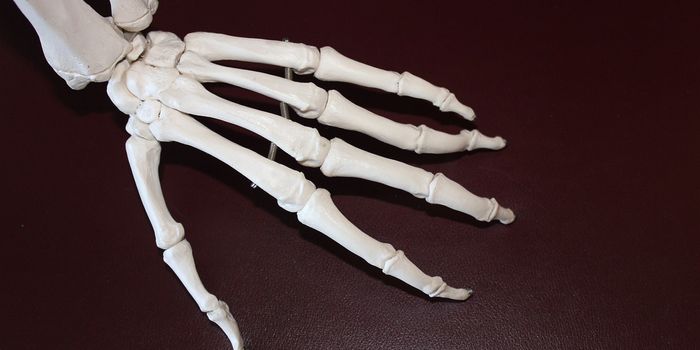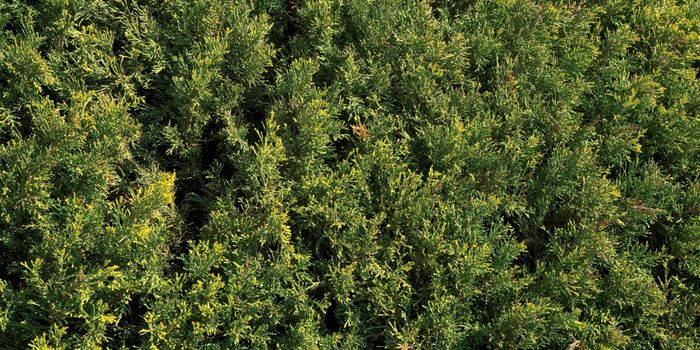75g Kale Per Day Could Keep Bone Fractures Away

As people age, their bones weaken. After menopause, declines in estrogen make bones thinner and more fragile. Other medical conditions such as kidney failure, medications, genetics, and lifestyle choices, including inactivity, smoking cigarettes, and drinking alcohol, can also aggravate age-related bone loss.
Over the last two decades, vitamin K has received more attention due to its role in bone health and metabolism. One study found that postmenopausal osteoporotic women had lower vitamin K1 levels than those without the condition. Another study found that vitamin K and calcium supplementation is linked to higher bone mineral density.
For the current study, researchers analyzed data from 1373 Australian women aged 70 and over from the Perth Longitudinal Study of Aging Women Study. In particular, they compared dietary vitamin K1 intake and fracture-related hospitalizations over a 14.5-year period.
They found that women who ate over 100 micrograms of vitamin K1 per day were 31% less likely to have a fracture than those who ate less than 60 micrograms per day- the current vitamin K intake guidelines for Australian women. The researchers further noted that those who ate 100 micrograms of vitamin K1 or more reduced their risk of hospitalization from a hip fracture by 49%.
Crucially, they noted that their findings remained after factoring in other established factors for fractures, including body mass index (BMI), calcium intake, vitamin D status, and prevalent disease.
Based on their findings, the researchers recommend eating 100 micrograms or more of vitamin K daily. Dr. Marc Sim, Senior Research Fellow at Edith Cowan University in Australia and lead author of the study, noted that vitamin K1 targets can easily be achieved by eating 75- 150g of vegetables such as spinach, kale, broccoli, and cabbage per day.
Sources: Science Daily, Food and Function








